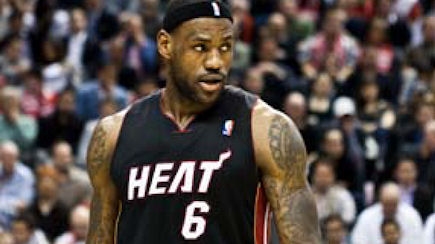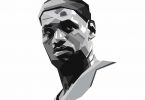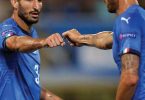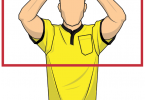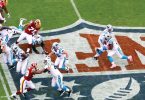This article first appeared in the Mar/Apr 2012 issue of World Gaming magazine.
The superstars of the National Basketball Association (NBA) in America are back on the courts, but did the delay to the start of the season hurt the brand and the sport in general?
Basketball is one of the biggest and most popular sports in the world. It is played right across the globe and is hotly contested at an international level. The best basketball is played in the NBA. The pinnacle for any emerging international talent is to be drafted into this competition and take on the likes of Kobe Bryant and Lebron James.
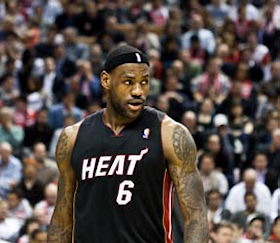
The 2011-12 season didn’t start until Christmas Day after a spiteful fight involving players, unions, NBA administrators and cash thirsty lawyers delayed the start of the season by eight weeks.
When the arguments were laid bare it became obvious that the fight was only about money and fans were rightly sick to death of the whole debacle. The vicious dispute resembled an all-in brawl between a greedy pack of pigs, desperately trying to prevent each other getting to an already overflowing trough.
Players were getting a whopping 57 percent of income prior to the strike, leaving the majority of them with only one problem: how to spend the astronomical amount of money they were being paid.
The NBA argued this meant richer teams would only get stronger, and poorer teams weaker. Football (soccer) has already headed down this path, where the gap between the “haves” and the “have nots” has reached a critical point. In Europe, the home of the best local football competitions, championships are fought out between a handful of wealthy teams who essentially buy their players and titles, instead of building teams from the ground up. The NBA said it was trying to protect its product by reducing the amount of money paid to players, and avoiding the European club football problem.
On the other side of the argument, it was always going to be hard for the players to accept a cut from 57 percent to 50 percent of revenue, coupled with increased restrictions on switching teams.
Both sides’ legal teams mounted reasonably ethical arguments, which were played out in the media.
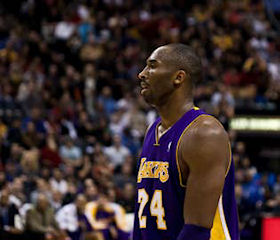
The most disappointing thing was that all parties couldn’t get this deal done prior to the season starting. They should have fought it out behind closed doors, and publicly kissed and made up prior to the first tip-off. The public then wouldn’t have started to question the whole crazy dispute. The players especially should have appeared adamant about protecting the brand and competition, which had delivered them a lifestyle most of the world’s population could only dream about.
Matching the players’ greed was the power hungry NBA’s incompetency. At times it appeared the administration reveled in its ability to abandon the season if its terms were not met.
After months of protracted negotiations, the dispute was eventually resolved with players receiving 51.15 percent of revenue for 2011-12. In future seasons the player’s share will vary from 49 to 51 percent, depending on the actual amount of revenue for that season.
NBA Commissioner David Stern needs to accept more responsibility for letting the dispute reach the epic proportions it did.
“We’re very pleased that we’ve come this far. There is still a lot of work to be done in a lot of places, with a lot of committees and player groups and the like.”
These comments made by Stern after his administration narrowly avoided an abandoned season were far from acceptable. Wasn’t it time to stop think tanking and simply get out on the court and play? Fans wanted a solution, not a temporary bandage.
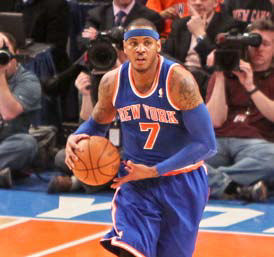
Clearly the NBA felt that this was a fight worth fighting to the bitter end. At least NBA Deputy Commissioner Adam Silver offered disgruntled fans from all over the world a reason why.
“We feel ultimately (the new deal) will give fans in every community hope that their team can compete for championships and that their basis for believing in their team will be a function of management on that team, rather than …how deep the owners’ pockets are or how large the market is.”
Maybe Mr. Silver should have been the one presiding over the whole mess. In the long term, players, fans and even owners want a competitive league where teams can rise from the bottom to become NBA Champions. The NBA has a lot to learn from its more professional compatriot, the National Football League (NFL).

